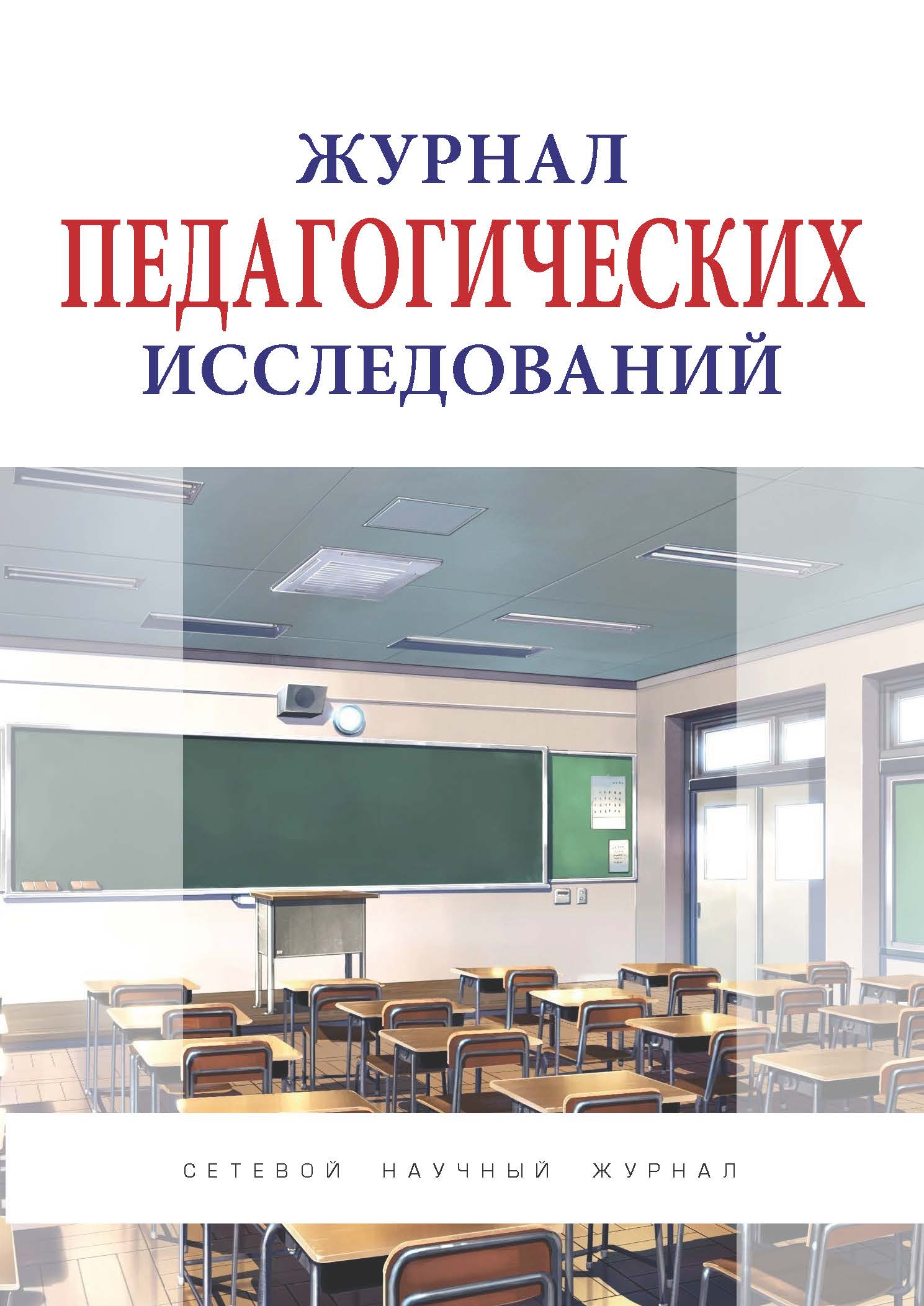UDC 372.881.161.1
The authors consider the problem of hemispheric asymmetry and its impact on the results of language acquisition. The age and type of nervous system are given as the main criteria determining the degree of manifestation of hemispheric asymmetry. Theoretical data on the importance of the work of the left and right hemispheres from the linguistic point of view are stated, as well as arguments in favor of using exercises aimed at involving both hemispheres in the learning process. The authors rely on theoretical works in order to identify age-related functional changes in the work of the hemispheres, partially correlate these changes with the stages of development of thinking. The results of experiments conducted with two groups of respondents belonging to different categories are analyzed. The first group of respondents are students studying Russian as a foreign language. The second group is English-Russian bilinguals. In order to eliminate errors related to gender and age, the sample was carried out according to the following principle: group 1 - a girl and a boy (18 years old), group 2 - a girl and a boy (17.5 years old). The results of girls and boys are compared separately based on data on the sex differences of the brain. The neuropsychological and linguistic methods used for the ascertaining experiment and the features of their use for testing each group of respondents are described. The article presents the results of a formative experiment conducted over two months, for which individual exercise systems were developed aimed at forming interhemispheric interaction between bilinguals and foreign students studying Russian. Based on the comparison of the obtained data, conclusions are drawn, as well as a theoretical justification of the experimental results is given.
Russian as a foreign language, brain asymmetry, left hemisphere, right hemisphere, nervous system, language, speech, motivation
1. Azarova E.A. Mezhpolusharnoe vzaimodeystvie u cheloveka: Uchebnoe posobie / E.A. Azarova, B.S. Kotik-Fridgut; Yuzhnyy federal'nyy universitet. Rostov-n/D.; Taganrog: Izd-vo Yuzhnogo federal'nogo un-ta, 2021. 158 s. EDN: https://elibrary.ru/KFWUZN
2. Bauer E.A. Problemy mezhpolusharnoy asimmetrii mozga i tehnologii obuche-niya inostrannomu yazyku: Monografiya / E.A. Bauer, S.N. Golubeva. M.: MGTA, 2017. 178 s. EDN: https://elibrary.ru/YWYWJM
3. Varenina L.P. Intensiv i tehniki neyrolingvisticheskogo programmirovaniya v obuchenii inostrannym yazykam v neyazykovom vuze // Pedagogika vysshey shko-ly. 2012. № 3 (I). S. 35-38.
4. Vasilizhenko M.V., Korotkov E.A., Muharkina V.S. Geymifikaciya kak sovre-mennyy metod obucheniya inostrannym yazykam // Sovremennaya vysshaya shkola: innovacionnyy aspekt. 2020. T. 12. №2. S. 43-50. DOI:https://doi.org/10.7442/20719620-2020-12-2-43-50. DOI: https://doi.org/10.7442/2071-9620-2020-12-2-43-50; EDN: https://elibrary.ru/EZONRH
5. Vertogradskaya E.A. Emocii i problema motivacii obuche-niya//Psihologicheskie voprosy obucheniya inostrancev russkomu yazyku/ Pod red. A.A. Leont'eva, T. V. Ryabovoy. - M., 1972 - S. 70-78
6. Vizel' T.G. Osnovy neyropsihologii: Ucheb. dlya studentov vuzov. M.: Izd-vo V. Sekachev, 2019. 276 s.
7. Vizel', T.G. O haraktere polusharnyh integraciy / T. G. Vizel' // Asimmet-riya. 2015. T. 9. № 4. S. 39-4 https://elibrary.ru/villml? ysclid=lkzip55bq3533265610 DOI: https://doi.org/10.18454/ASY.2015.34.735
8. Vitt N.V. Emocional'noe vozdeystvie rechi uchitelya inostrannogo yazyka// Inostrannye yazyki v shkole. 1987. №6. S. 34-37.
9. Ermolaeva Zh.E., Valiev H.F. Ispol'zovanie dannyh psihoakustiki pri prepodavanii russkogo yazyka kak inostrannogo // Kul'tura i bezopasnost'. 2023. № 1. S. 50-57. DOI:https://doi.org/10.25257/KB.2023.1.50-57 EDN: https://elibrary.ru/IJXXRE
10. Kabardov M.K. Yazykovye sposobnosti: psihologiya, psihofiziologiya, pedago-gika. M.: Smysl, 2013. 400 s. EDN: https://elibrary.ru/VXHGZR
11. Koraeva O.V. Ob ispol'zovanii priemov neyro-lingvisticheskogo programmi-rovaniya pri obuchenii inostrannomu yazyku // Vestnik Leningradskogo gosudarstvennogo universiteta im. A. S. Pushkina, Seriya Filologiya, 2012. № 01. T. 7. S. 200-207. \ EDN: https://elibrary.ru/PJTDSF
12. Kotik B.S. Mezhpolusharnoe vzaimodeystvie pri osuschestvlenii rechi u bilin-gvov // Voprosy psihologii. 1983. №6. S. 114-121.
13. Luriya A.R. Yazyk i soznanie. SPb.: Piter, 2022. 448 s.
14. Metody ocenki mezhpolusharnogo vzaimodeystviya / Homskaya E.D., Privalova N.N., Enikolovova E.V. i dr. M.: MGU, 1995. - 78 s.
15. Semenovich A.V. Neyropsihologicheskaya korrekciya v detskom vozraste. Metod zameschayuschego ontogeneza: Uchebnoe posobie M.: Genezis, 2023. 474 s.
16. Sovremennyy vzglyad na obuchenie RKI: neyroaspekty: materialy mezhdunarod-noy nauchno-prakticheskoy konferencii, g. Moskva, 1-2 iyunya 2023 g. / pod obsch. red. E. A. Hamraevoy [Elektronnoe izdanie setevogo rasprostraneniya]. M.: Izd-vo MPGU, 2023. 297 s.
17. Hamraeva E.A. Metapredmetnyy podhod v obrazovanii: russkiy yazyk v shkol'-nom i vuzovskom obuchenii raznym predmetam // Materialy V vserossiyskoy nauchno-prakticheskoy konferencii s mezhdunarodnym uchastiem. M.: izd-vo MPGU, 2022, S. 194-199 https://www.elibrary.ru/download/elibrary_49500487_89263284.pdf
18. Hamraeva E.A. Neyrolingvodidakticheskiy aspekt v obuchenii russkomu yazyku: tehnologii novogo pokoleniya v obuchenii russkomu yazyku detey i vzroslyh // Russkiy yazyk za rubezhom. 2022. № 6 (295). S. 4-10 DOI: https://doi.org/10.37632/PI.2022.295.6.011; EDN: https://elibrary.ru/QNGFBY
19. Homskaya E. D. Neyropsihologiya: 4-e izdanie. SPb.: Piter, 2005. 496 s.
20. Hudyakova E.S. Narrativ i identichnost': ot detstva do starosti monografiya / E. S. Hudyakova. Perm': izd-vo Perm. gos. nac. issled. un-ta. 2019. 209 s. [Elek-tronnyy resurs]: URL: http://www.psu.ru/files/docs/science/books/mono/khudyakova-narrativ-i-identichnost.pdf
21. Cvetkov A.V. Neyropedagogika dlya uchitelya: kak obuchat' po zakonam mozga. M.: «Sport i Kul'tura», 2017. 128 s.,
22. Churilo N.V. Neyropedagogika kak osnova effektivnogo obrazovatel'nogo pro-cessa // Auditorium. Elektronnyy nauchnyy zhurnal Kurskogo gosudarstvennogo universiteta. 2019. № 2 (22). [Elektronnyy resurs] URL: https://cyberleninka.ru/article/n/neyropedagogika-kak-osnova-effektivnogo-obrazovatelnogo-protsessa/viewer
23. Ardila, A. (2018). Is intelligence equivalent to executive functions? Psicothema, 30(2), Pp. 159-164 URL: https://www.psicothema.com/pdf/4464.pdf
24. Chojak, M. Neuropedagogy as a Scientific Discipline: Interdisciplinary Description of the Theoretical Basis for the Development of a Research Field // World Academy of Science, Engineering and TechnologyInternational Journal of Educational and Pedagogical Sciences Vol:12, No:8, 2018 pp. 1084 1087
25. Costa, A. (2020) The Bilingual Brain: And What It Tells Us about the Science of Language, Kindle Edition. 176 p.
26. Maley A., Duff A. Drama Technique. Cambrige University Press, 2013.246 pages.
27. Simon Leipold. Musical Expertise Shapes Functional and Structural Brain Networks Independent of Absolute Pitch Ability / Simon Leipold, Carina Klein, Lutz Jäncke // Journal of Neuroscience. 2021. No. 41 (11). Rr. 2496- 2511. URL: https://www.jneurosci.org/content/41/11/2496
28. Ur P. Discussions that work: task -centered fluency practice. Cambige University Pess, 2012, 122p.






